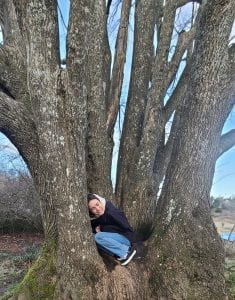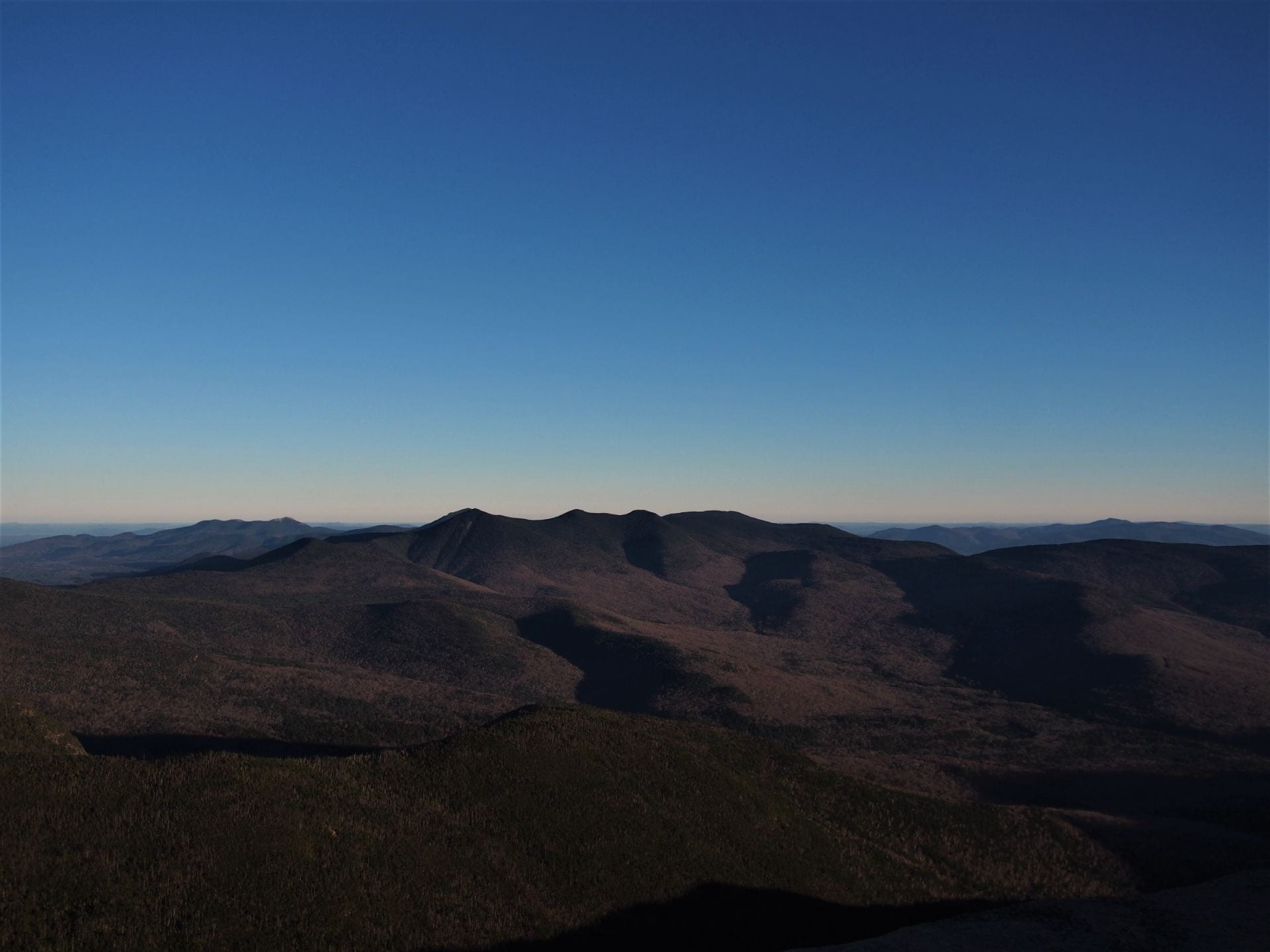Hello to all my Ecofeminism peers!

My name is Samantha Fetler but you can call me Sam. I am a senior majoring in Health and Society here at UMass Dartmouth. After the COVID-19 pandemic I took a year off school and then I decided to finish my schooling online because it was cheaper than staying on campus, along with the fact that I recently moved to Plymouth, New Hampshire. After graduating from Umass Dartmouth I want to expand my knowledge further into the complex nature of society’s health, health care and health policies by applying for a master’s program in social work. During my Junior year, I was a MassPIRG intern where I focused on the 100% renewable energy campaign. I have also taken WGS 101 along with other Women Gender Studies courses however I am looking forward to learning more about the different systems of oppression that leads to the oppression of nature, environmentalism, and feminism as the semester continues. I have always loved being in nature, and being in the outdoors has always had a healing affect for me. Any free time I have I try to get outside and hike, mountain bike, ski, swim, or just sit and enjoy the fresh air. As a woman and having a passion for the outdoors, I want to be able to have a sustainable, thriving future for our planet and people. With that being said, this course immediately intrigued me, and I look forward to working with you all.
After looking through all the blogs, I kept coming back to Ms. Magazine. On the Ms. Magazine page they offer a plethora of different topics. Some of which include politics, health, culture, women & democracy, justice & law, education and environment. One post that interested me was a post titled Standing Up for Water, Land and Climate: Meet 10 Indigenous Women Fighting the Line 5 Pipeline by Osprey Lake and Katherine Quaid. Although the Line 5 pipeline was built in the 1950’s, millions of gallons of oil have spilled throughout the years affecting the life and people around it. The pipeline proposed expanding through different tribes as well as going through different water sources and the last wild rice field in the Great Lakes. There is so much biodiversity that is looked after by Indigenous people and due to the Line 5 pipeline, their resources such as water, land and overall livelihood is threatened, as well as violating treaty rights.
One thing that could deter the blog Ms. Magazine from my work is the fact that the website is so diverse in its topics and could be difficult to find information on specific topics on the blog that I could be looking for.
After reading about the Line 5 and the impact it had on the land, climate and water, it made me interested in the water in my area. One environmental issue that is prominent in Plymouth, New Hampshire revolves around the water quality. In some places in New Hampshire there are natural freshwater springs constantly running where people will drive to throughout the day to fill up gallons of water jugs or just stop to refill their water bottle. At the restaurant I work at as a server, we use well water to provide to the customers with drinking water as well as drinking it ourselves. There have been multiple occasions where people complain about the water quality, staff included. Sometimes the water looks yellow in color due to iron and minerals that have leaked into the water source. Although these are natural pollutants, there are contaminants that in the past have affected the water quality not only for drinking water, but the lakes and rivers that cover the state. The DES or Department of Environmental Services, and the Center for the Environment have looked into the sodium chloride that has leaked into the lake water supplies from road salt that has been put on the roads in order to make the roads less icy. It was found that the chloride in the lakes in New England in general has gone up by 400% in 20 years. The aquatic life is affected by the sodium chloride and in New Hampshire alone, the levels of sodium chloride rose by 50%. Not only is aquatic life affected by the runoff of road salt, but it also causes invasive plant species to run rampant and algal bloom to occur due to the increase of nitrogen and phosphorus caused by the chloride. Most people driving on the road wouldn’t be thinking about how the road salt effects the environment, they’re more worried about going from point A to point B safely.
Links:
Here’s a link to the New Hampshire Department of Health & Human Services website which tracks New Hampshire’s drinking water: https://www.dhhs.nh.gov/programs-services/environmental-health-and-you/environmental-public-health-tracking/tracking-1
Plymouth State University, NH Department of Environmental Services (DES): https://campus.plymouth.edu/cfe/nh-department-of-environmental-services-des/plymouth.edu
Ms. Magazine link: https://msmagazine.com
Standing Up for Water, Land and Climate: Meet 10 Indigenous Women Fighting the Line 5 Pipeline (Ms. Magazine): https://msmagazine.com/2022/10/12/line-5-pipeline-native-indigenous-women/azine.com
